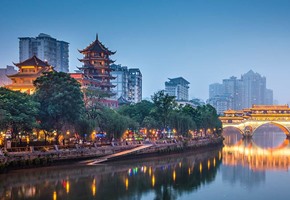
What to Expect When Travelling to China
28/04/2025 · By Tim Hall
Discover expert insights into what to expect when visiting China from Great Rail Journeys Tour Manager Tim Hall, from iconic landmarks to meeting locals.
Read moreTouring China by train with Great Rail Journeys is an eye-opening experience - there is so much to take in that you won't want to miss a moment. It's no surprise that the world's longest established civilization should possess a wealth of stunning antiquities.
When we leave the city and journey by train into China's countryside a host of thrilling landscapes is revealed. From mist-shrouded mountain ranges to bamboo forests, lush green rice paddies to arid desert and even pristine white-sand beaches fringed by palm trees; China has natural beauty in abundance.
Possessing one of the largest, fastest, safest and most modern rail networks in the world, there is no more comfortable and enjoyable way to experience the magic and beauty of China than by train.
Find out more with a free brochure and enjoy weekly travel inspiration and offers in our e-newsletter.

Considered the greatest archaeological discovery, admire the remarkably well-preserved statues of warriors in Xi'an.

Set sail on a four-night scenic expedition on Asia's longest river aboard a luxury cruise ship with private balconies.

Known as the 'giant panda capital of the world', get close to these irresistible animals at a research centre in Chengdu.

See the remains of Earth's largest manmade project, the Great Wall of China, which once spanned more than 13,000 miles.
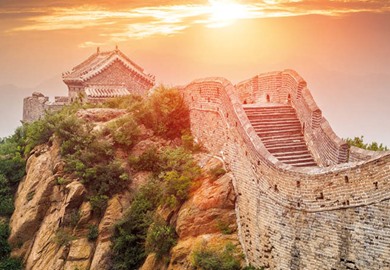
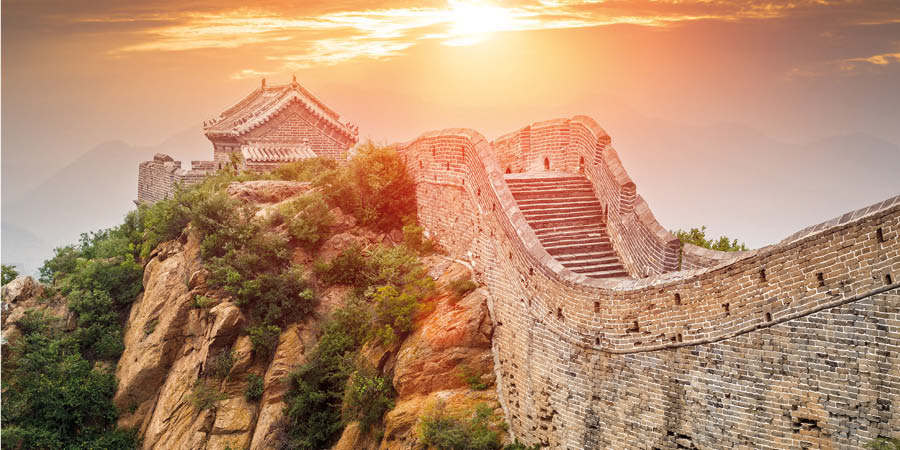

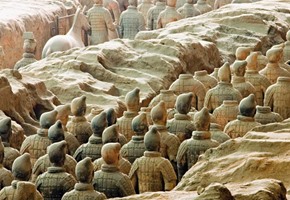
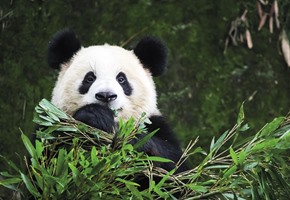
 (34 reviews)
(34 reviews)Uncover an incredible blend of breathtaking modernism and beautiful imperial history on a tour of China's ancient and modern wonders. Step into history during visits to the iconic Forbidden City, Temple of Heaven and the Great Wall of China while in Beijing. Travelling by high-speed rail, explore ancient Xi'an and its astonishing...
